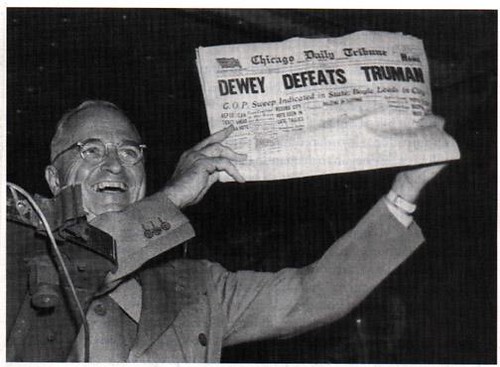
Yes, you read that right: It takes a full year for United Airlines to get a new meal option onto a flight. It takes a full year — 12 months, 365 days, 525,600 minutes —
to create a new food option and get it ready to be served on a United flight.
And to think: Many of us who’ve eaten these meals would hardly classify them as “food.”
One year. I’m hung up on that number. That’s an awfully long time to institute a tiny change to an airline menu, isn’t it?
I’ll ask you now: What if they could do it in a day? What if they could do it better?
United Airlines flies to 186 destinations. Their big issue is that some ingredients — like Wisconsin cheddar cheese —are easy to get domestically, but impossible to get in places like Dubai. And the meals are made at the departure airport. That means that United needs lots of different menu options that can best take advantage of ingredients available near the departure airport.
But what if United just simplified their list of ingredients to include things that can be found at any airport kitchen in the world? What if United only cooked from that list?
And what if United changed its menu every day, with United’s head chefs emailing out that day’s menu options?
And what if — because yes, local flavor is important — United empowered local chefs to add an ingredient or two from the departure airport to personalize the flight? (Sushi from Japan, hummus from Tel Aviv, cheddar cheese from Milwaukee.)
What if United focused on going fresh every day, and creating a beautiful meal presentation for all of its passengers?
What if United decided to spend a little more on airplane food? As of 2010, United spent about $6.35 per meal per passenger — is that enough for passengers who’ve paid hundreds or thousands of dollars for a seat?
What if United decided that while every other airline cuts back on meals, they’d make it a priority? What if passengers actually looked forward to their meals on the flight – because they knew it was made that day, and made specifically for them that day, not dreamed up in a kitchen a full year earlier?
What if — instead of getting the menu absolutely perfect months in advance — United focused on delighting its customers every single day?
I know what you’re thinking: Yeah, but… they’d never go for it. It’s too complicated. Too costly. Too hard.
And I say: Every day, United moves thousands of people around the world. You’re telling me they can’t think of a better way to serve us salad and sandwiches in the sky?
I’ve said it before and I’ll say it again: Work is a differentiator in this world. Hustle is a differentiator in this world.
Everything else is just excuses.
In whatever you do: Do great work. Surprise us. Delight us.
Even you, United Airlines.
That photo of airplane food at top comes via @tiffkathlee.






